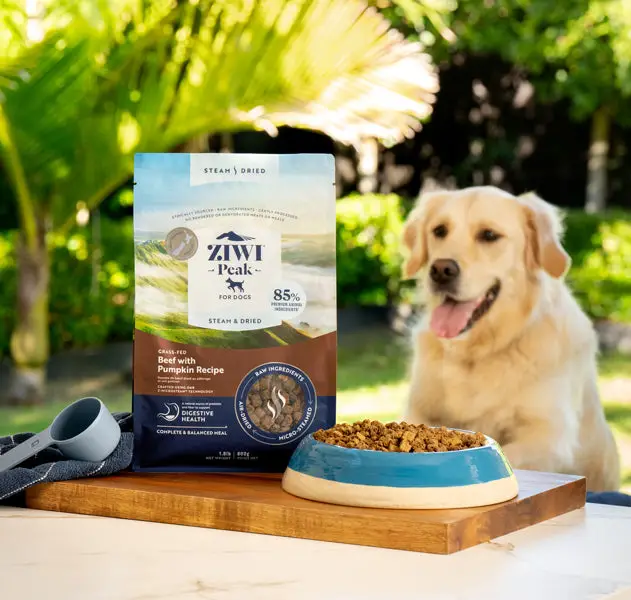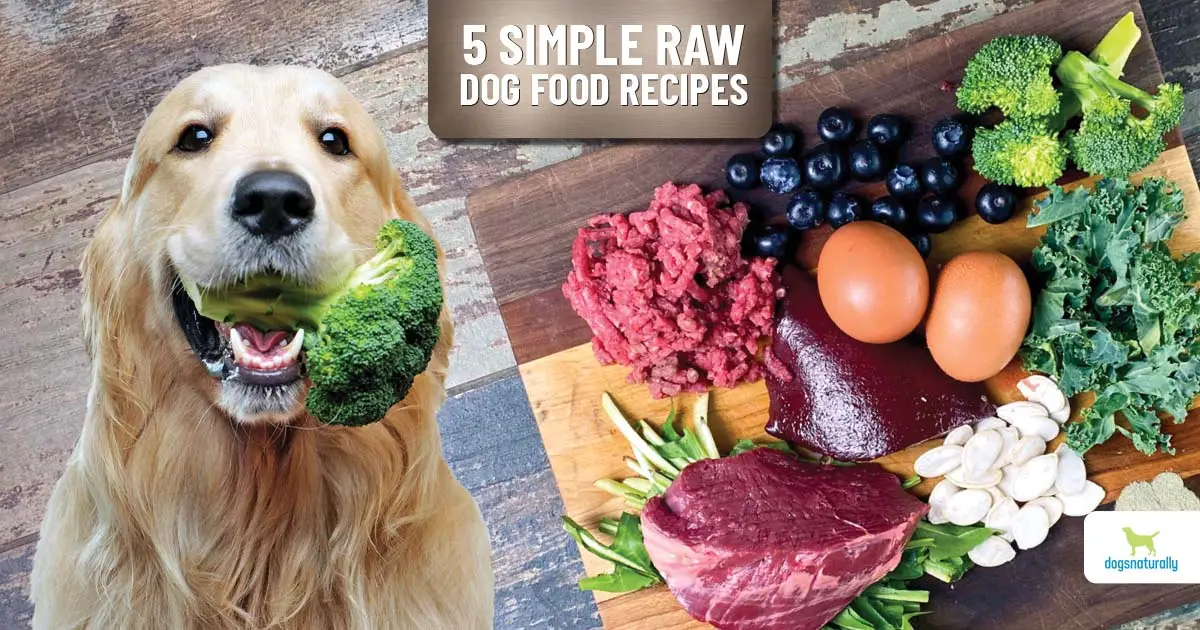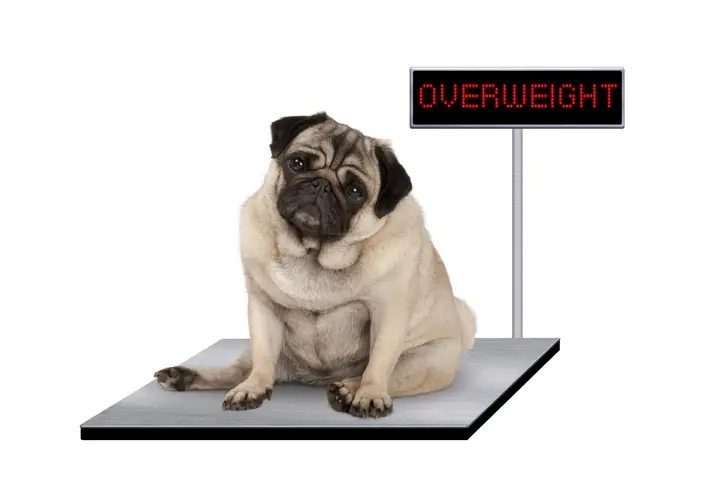The quest for the best dog food for weight loss is a journey that intertwines cutting-edge nutritional science with the unique needs of our beloved canine companions. As canine obesity mirrors alarming trends in human populations, it becomes increasingly crucial to provide tailored dietary solutions that not only support weight management but also fuel overall health and happiness. This endeavor involves much more than simply switching to a “diet” food.
Best Dog Food for Dogs to Lose Weight. It requires a deep understanding of nutritional balance, ingredient quality, and the role of lifestyle factors in achieving and maintaining a healthy weight. While numerous brands claim to offer the optimal solution, the truly effective ones prioritize a holistic approach, addressing individual dog needs and fostering a deeper connection between pet and owner through a shared commitment to wellness. This exploration delves into the complexities of weight management in dogs, examining the key components of successful weight loss diets, exploring popular brands and their unique selling points, and emphasizing the vital role of human involvement in building a healthier future for our furry friends.
Understanding the Nutritional Foundation of Weight Loss Dog Food
The journey towards a leaner, healthier canine companion begins with grasping the fundamental principles that underpin successful weight loss dog food. These formulas are not simply about restricting calories; they are meticulously designed to provide the right balance of nutrients while promoting feelings of fullness and satiety. Understanding how these components interact is crucial for achieving lasting results and avoiding unintended health consequences. Choosing a weight loss dog food is not solely about cutting calories; it’s about ensuring your dog receives the optimal blend of nutrients they need to thrive, even as they shed excess pounds.
The Role of High-Quality Protein in Canine Weight Management

High-quality protein is a cornerstone of any weight loss diet for dogs. It not only helps build and maintain lean muscle mass, which boosts metabolism and burns more calories at rest, but also plays a critical role in satiety. When dogs consume sufficient protein, they feel fuller for longer, which can help curb excessive snacking and overeating. Think of it like a well-orchestrated symphony: protein acts as the conductor, ensuring that other nutrients play their role effectively in promoting weight loss.
Consider the unique protein requirements of dogs compared to humans. Canines are carnivores, and their bodies naturally process protein differently. Lean protein sources like chicken, turkey, and fish provide crucial amino acids that are essential for building and repairing tissues, supporting healthy growth and development, and maintaining a strong immune system. These sources are relatively low in fat compared to some other protein options, aligning well with weight loss objectives. A diet rich in high-quality protein can make a significant difference in a dog’s energy levels and overall health, promoting a more active and vibrant lifestyle.
Moreover, protein has a higher thermic effect than carbohydrates or fats. This means that the body expends more energy digesting and processing protein compared to other macronutrients. This beneficial attribute translates into increased calorie expenditure, further facilitating weight loss. The higher thermic effect of protein can be a significant advantage when crafting a weight-loss plan for your dog, helping to tip the energy balance in the direction of fat loss.
Best Dog Food for Dogs to Lose Weight – Harnessing the Power of Fiber for Satiety and Digestive Health

Fiber is another vital component of a successful weight loss plan for dogs. It acts as a natural appetite suppressant, promoting feelings of fullness and satiety, which can significantly influence food intake. This impact is achieved through a combination of mechanisms. Firstly, fiber increases the volume of food in the digestive tract, stretching the stomach and sending signals to the brain that the body is full. This signal helps regulate appetite and prevent overeating, leading to reduced calorie consumption.
Moreover, fiber can slow down the rate at which food is digested and absorbed, leading to more gradual and sustained release of energy. This can be especially beneficial for dogs with a tendency to overeat or those that experience significant blood sugar fluctuations. Imagine a slow-burning fire versus a rapid blaze; fiber acts as a natural regulator of energy release, preventing sharp spikes in blood sugar and promoting a more consistent energy level throughout the day.
Beyond its impact on satiety, fiber plays a crucial role in digestive health. It supports the growth of beneficial bacteria in the gut, which contribute to optimal digestion and nutrient absorption. A healthy gut microbiome is directly linked to overall health and well-being in dogs, encompassing everything from immune function to mental clarity. By incorporating fiber-rich ingredients into a dog’s diet, you’re not only promoting weight loss but also nurturing a thriving gut environment, which forms the basis of a truly robust immune system.
The Importance of Calorie Density and Nutrient Density in Weight Management

Calorie density and nutrient density are two important concepts to consider when selecting dog food for weight loss. Calorie density refers to the number of calories in a given amount of food, while nutrient density refers to the concentration of essential vitamins and minerals in that same amount. Understanding and optimizing these concepts is crucial for achieving a balanced and effective approach to weight management.
Weight loss dog food often focuses on lowering calorie density while maintaining or enhancing nutrient density. This means that you can provide your dog with a satisfying volume of food without exceeding their daily calorie needs. This strategy can be particularly effective in combating overeating tendencies while ensuring that essential nutrients are not compromised. It’s akin to providing a fulfilling meal that is both generous in volume and rich in nutritional value, resulting in a satisfied and healthy dog without compromising their vitality or energy levels.
Moreover, it’s crucial to prioritize nutrient density. While reducing calorie intake is a core part of weight loss, it’s essential to ensure that the reduced calories are replaced with a concentrated dose of crucial vitamins and minerals. Weight loss should never come at the expense of overall health. The goal is to optimize nutrient density while trimming excess calories, ensuring that your dog’s body receives the building blocks necessary for optimal functioning, immune response, and overall well-being.
Analyzing Popular Brands and Their Unique Selling Points

The market for dog food is vast and diverse, with a multitude of brands offering weight management solutions. However, only a handful truly stand out based on their science-backed formulas, commitment to using high-quality ingredients, and holistic approach to canine wellness. Understanding the unique selling points of these brands is essential for selecting the best option for your dog’s individual needs and dietary preferences.
Hill’s Science Diet Adult Perfect Weight: A Blend of Science and Nutrition

Hill’s Science Diet Adult Perfect Weight has consistently earned a place among the top choices for dog weight management. Its formulation reflects a meticulous approach to nutritional science, integrating a blend of high-quality protein sources, controlled fat levels, and a precise amount of fiber to support healthy weight loss. The brand boasts a comprehensive approach to nutrition, providing a complete and balanced source of essential vitamins and minerals required for maintaining optimal health, even during weight loss.
Hill’s Science Diet prioritizes a balanced, nutrient-dense approach to nutrition. Similar to many human dietary guidelines, Hill’s emphasizes the importance of getting sufficient nutrients without exceeding calorie allowances. This philosophy mirrors a growing trend in human health, where maximizing nutrient density is preferred over simply cutting calories indiscriminately. Their focus on precise nutrient ratios allows for a gentler, more sustainable approach to weight loss, ensuring that your dog’s body receives the building blocks it needs to support ongoing health and vitality.
Furthermore, the brand’s commitment to scientific research, coupled with its rigorous quality control standards, provides pet owners with immense confidence in their product’s effectiveness and safety. This commitment to excellence translates into higher quality control standards across every aspect of the production process, from sourcing ingredients to monitoring manufacturing processes. With Hill’s Science Diet, you can be assured that your choice is backed by science and a commitment to providing the highest quality nutrition for your furry companion.
Blue Buffalo Life Protection Healthy Weight: A Balanced Approach to Canine Wellness

Blue Buffalo Life Protection Healthy Weight follows a similarly robust, balanced approach to weight management in dogs. Like Hill’s, it incorporates high-quality protein sources, controlled fat levels, and a calculated amount of fiber to support weight reduction. However, Blue Buffalo sets itself apart by emphasizing the inclusion of whole grains and various vegetables in its formulas.
Blue Buffalo’s product line adheres to the principles of modern, wholesome diet plans that are frequently marketed towards humans. They prioritize utilizing natural, readily digestible ingredients that contribute to a healthy and vibrant lifestyle. The approach is to provide a well-rounded and nutritionally balanced diet while working towards achieving weight loss goals. This approach ensures that the body receives a broader spectrum of nutrients and antioxidants, supporting immune function, energy levels, and cognitive health.
Moreover, Blue Buffalo differentiates itself through its commitment to transparency and the quality of its ingredients. They strive to avoid using artificial preservatives, flavors, and colors, offering an option that resonates with pet owners seeking a more natural approach to canine nutrition. The transparency they offer regarding ingredients, coupled with their commitment to using natural sources, enhances their reputation as a brand committed to quality and integrity. This resonates with many pet owners who value authenticity and seek to align their pet’s diet with their own values around healthy eating and food sourcing.
Orijen Fit and Trim Dog Food: A Biologically Appropriate Approach to Weight Management

Orijen Fit and Trim Dog Food represents a unique approach to weight management, drawing inspiration from the ancestral diets of wild canines. Primarily focused on incorporating fresh, regional ingredients, Orijen aims to provide a biologically appropriate recipe that aligns with a dog’s natural eating behavior. This contrasts with other weight-loss formulas that are often based primarily on kibble or dry food, drawing a line between what’s traditionally been offered and alternative approaches driven by ancestral needs.
Orijen emphasizes a diet based on whole prey ingredients. This means incorporating a greater variety of meat and animal protein sources, coupled with plant-based elements that mirror the diversity found in the natural diets of wild dogs. Many believe this approach is biologically ideal for dogs, supporting optimal digestion and energy utilization. Their philosophy aligns well with the “biologically appropriate” movement in canine nutrition.
Furthermore, unlike some brands that heavily rely on processed grains, Orijen prioritizes whole, fresh fruits and vegetables, contributing to a more wholesome dietary profile. This emphasis on bio-availability, by providing nutrients in their naturally occurring state, can contribute to enhanced absorption and utilization within the body. It’s a departure from some of the traditional models that emphasize processed grains and other artificial elements, bringing canine nutrition into closer alignment with its natural biological needs.
Lifestyle Adjustments for Weight Loss Success

While choosing the right dog food is undoubtedly a cornerstone of a successful weight loss journey for your canine companion, it’s equally crucial to acknowledge the role of lifestyle adjustments. Just like in human fitness regimens, where diet and exercise are inextricably linked, a balanced approach is essential for achieving lasting results and overall health.
The Importance of Regular Exercise and Physical Activity

Integrating regular exercise into your dog’s daily routine is pivotal in promoting weight loss and maintaining a healthy body weight. Exercise helps burn calories, increase muscle mass, and improve cardiovascular health. It’s important to tailor exercise regimes to your dog’s breed, age, and fitness level.
Remember that exercising a dog is not just about going for a jog or a walk. It can involve a wide variety of stimulating activities, from interactive play sessions to agility training. The key lies in stimulating their natural instincts while promoting physical activity. Consider their age and breed when choosing appropriate exercise and always start with a light intensity and increase as they build stamina.
For example, a playful session of fetch in the park or a training session with a favorite toy can combine entertainment with physical exertion. Creating a habit of daily playtime can significantly contribute to burning excess calories and maintaining muscle tone. Think of it as nurturing a sense of joy and purpose through movement, cultivating a habit of daily engagement that encourages both mental and physical stimulation.
Portion Control and Meal Frequency

Portion control is arguably the most significant aspect of successful weight management in dogs. It’s essential to adhere to the recommended feeding guidelines on your chosen dog food and to adjust portions based on your dog’s individual needs and activity level.
Overfeeding is a common culprit behind canine obesity and can lead to a host of health complications. It’s akin to a delicate balancing act, ensuring that your dog consistently receives the right amount of food to balance energy expenditure and nutrient needs. You can break up meals throughout the day, encouraging their metabolism to remain active.
Furthermore, creating a structured meal schedule can help regulate appetite and avoid excessive snacking. It can also help with digestion by providing consistent periods of rest allowing the digestive system to function efficiently. It’s similar to how a human might follow a plan with specific eating periods throughout the day, creating a healthy routine that supports weight management.
The Role of Treats and Rewards
While treats can be a valuable tool for training and building a positive bond with your dog, it’s essential to be mindful of their caloric content. They should be incorporated sparingly, ensuring they don’t derail your dog’s weight loss journey.
Consider using low-calorie alternatives as rewards. This could involve healthy options like small pieces of fruits, vegetables, or even a bit of their regular food. This approach can help maintain a rewarding experience for the dog without introducing unnecessary calories into their diet.
Equally importantly, create a training and rewards system that does not entirely depend on treats. Positive reinforcement through praise, petting, and interactive play can be just as effective, if not more so in promoting good behavior and creating stronger bonds. In many cases, this more natural approach can be much more engaging for your canine companion, stimulating them in a way that often exceeds simple food-based rewards.
The Importance of Veterinary Guidance and Monitoring

Navigating the complexities of canine weight management is an ongoing process that requires a collaborative approach between pet owners and veterinary professionals. Veterinary professionals can play a crucial role in tailoring weight loss strategies and monitoring a dog’s progress.
Veterinary Consultations and Weight Monitoring
Regular consultations with your veterinarian are essential for tracking your dog’s progress and making adjustments to their diet and exercise regimen as needed. Veterinarians can assess your dog’s overall health, including body condition score, ideal weight targets, and any underlying health conditions that could impact weight management efforts.
Your veterinarian will collaborate with you to set realistic goals and create a tailor-made plan for your dog’s needs. They can advise on the most appropriate dog food, suggest exercise routines, and monitor your pet’s progress closely. It’s a symbiotic journey, where they act as guardians offering a watchful eye and providing invaluable expertise to your dog’s journey towards optimal health.
Monitoring for Potential Health Challenges
Weight loss in dogs can sometimes be associated with underlying health conditions. Your veterinarian can help identify any potential issues that could be impacting your dog’s weight, ensuring that appropriate interventions are undertaken. Monitoring your dog for changes in behavior, energy levels, and appetite can also help flag any potential complications.
The Importance of Regular Checkups and Preventative Care
Maintaining a proactive approach to your dog’s health is essential for preventing complications from weight-related issues or underlying health concerns. Regular wellness checkups with your veterinarian are crucial for early detection and intervention, ensuring that any health challenge is tackled before it escalates. It’s like preventative maintenance for a car; regular checkups help address minor concerns before they evolve into major issues, allowing for a smoother and less stressful path towards long-term health and well-being.
Conclusion

The journey to fostering a leaner, happier, and healthier canine companion is a multifaceted endeavor that combines meticulous dietary choices, thoughtful lifestyle adjustments, and a collaborative approach between pet owners and veterinary professionals. Understanding the fundamentals of canine nutrition, selecting the right weight loss dog food, and incorporating regular exercise and portion control represent vital steps towards achieving success. Embracing a holistic perspective on weight management that prioritizes balanced nutrition, targeted exercise, and ongoing monitoring contributes to a brighter, healthier future for our beloved furry friends. By taking an active role in championing their well-being, we can transform our dogs into leaner, more vibrant versions of themselves, forging enduring bonds built on shared commitment to a healthy lifestyle and creating a future where our dogs can truly thrive.
